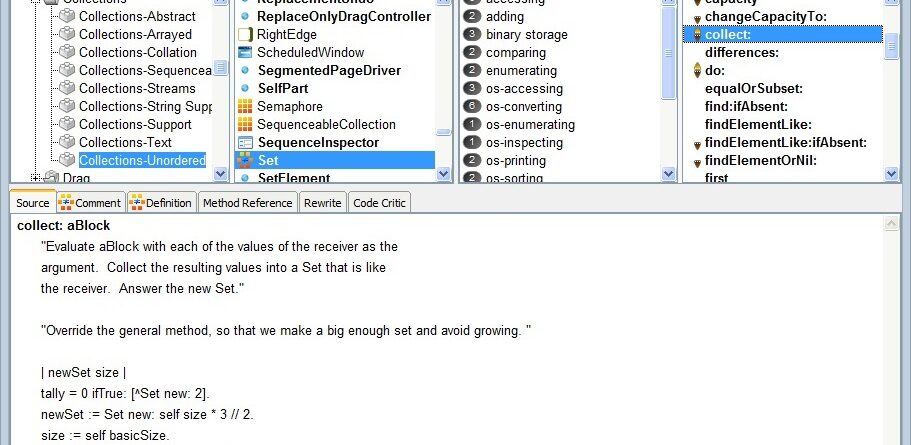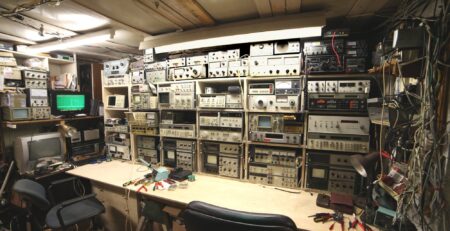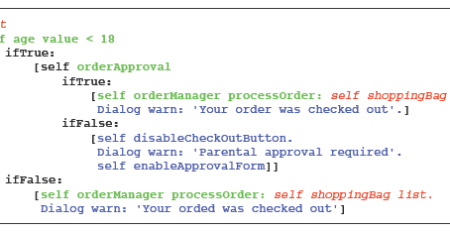ADF – Smalltalk
In the novel American Democracy Forever, Charlie Durand created PARC (the Palo Alto Research Center) in 1968— two years before Xerox had in his Life 1—and hired the same computer scientists (Alan Kay, Adele Goldberg, and Dan Ingalls) to create the Smalltalk programming language. This advanced its development by several years. He provided them with all the resources they needed—software engineers, the fastest workstations available, and the most advanced communications for networking—all to perfect the language as quickly as possible.
The snapshot, above, is of the class browser of the VisualWorks Interactive Development Environment (IDE) for Smalltalk. This is a powerful, integrated set of programming tools, but it is not suitable for all programming environments. Charlie insisted on the simultaneous development of a scripting version of Smalltalk (à la JavaScript) that could run on the early IBM Personal Computers that would be available by 1980. And he wanted a compiled version of Smalltalk (à la Java) that could run efficiently on mainframe computers and internet servers.
To forestall the foolish proliferation of derivative hybrid languages, such as Objective C, C++, Java, and Python, Charlie invested heavily in the “intensive, extensive, and expensive marketing” of Smalltalk, with “a strong push of Smalltalk ideas and products into high school and college computer science curricula.”
Charlie put so much emphasis on Smalltalk to take advantage of its flexibility. He tasked PARC with the development (in Smalltalk) of OurTown, the social media platform of the Forum Clubs. OurTown became one of his primary tools for preserving American democracy.
Having been a Smalltalk programmer in Life 1, Dr. Charlie Durand worked with the Smalltalk engineers to extend it in a way he had learned was valuable during his Life 1 work on the IBM System/38 (AS/400) and later in his design of IBM’s Distributed Data Management Architecture (DDM). System/38 System objects were memory address spaces that contained Program objects. System objects and program objects were encapsulated according to their class by a fixed set of functional interfaces, but there were no class objects, per se. Charlie adopted this idea in his design of DDM but used Smalltalk-like class objects to describe data entities (such as encoded fields and records), program objects (such as numbers, strings, collections, commands, and replies), manager objects (such as files, directories, queues, and databases), and Server objects (that encapsulated entire DDM clients or servers).
As OurTown evolved, Forum Clubs needed to be aggregated into groups (see OurTown). Smalltalk manager objects proved to be a good match with Forum Club groups. Each class of groups was an instance of a particular subclass of manager, with group-specific interfaces.












Leave a Reply